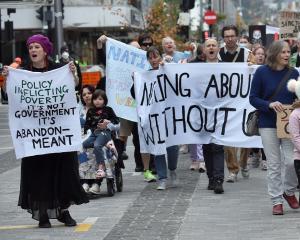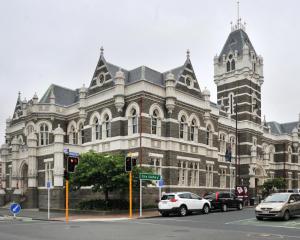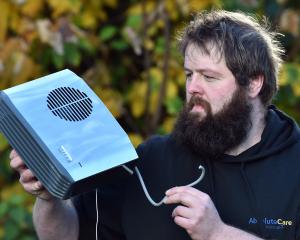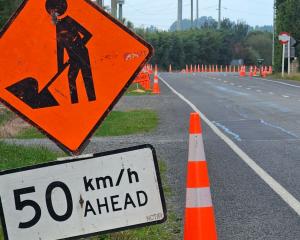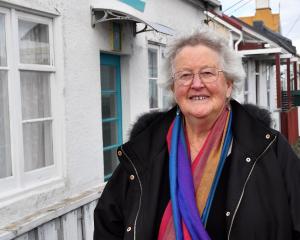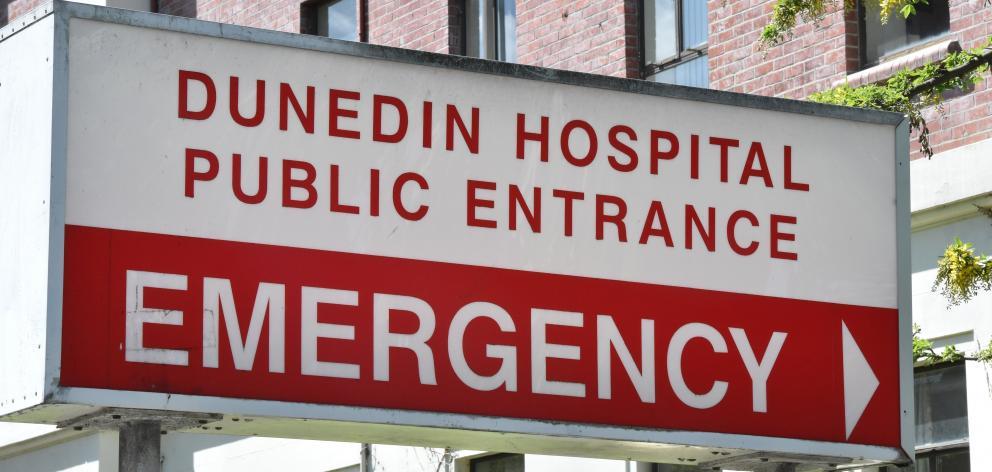
NZNO president and emergency department nurse Anne Daniels said under-reporting meant the figure from Te Whatu Ora Health New Zealand (HNZ) did not reflect the reality of the abuse nurses and healthcare workers went through on a daily basis.
"There is a multitude of research in New Zealand and internationally that has made it very clear that nurses and doctors, healthcare assistants and receptionists do not report abuse and violence through the normal reporting channel," she said.
For example an NZNO survey in 2019 found 25% of members had been physically assaulted in the previous year, she said.
However, only 22.8% of nurses who had been physically abused said they completed a formal report, and only 30% told their line manager.
Assaults were on the rise in recent years due to growing wait times caused by a lack of staff.
"It’s very clear that there’s one predominant issue that leads to violence and abuse in ED and in acute emergency psych services ... and that is waiting."
The government needed to provide more funding for primary and rural health as this would make a real difference in preventing people becoming sick enough to come to hospital in the first place, she said.

July, August and February recorded the highest numbers, at 19, 16 and 13 respectively.
For the four months in which the number of assaults was five or fewer, the specific number was not given.
This was to avoid potentially identifying individuals, the response said.
"It is important to acknowledge the vast majority of interactions our people have with patients and their whānau are kind and respectful.
"It is only a minority of cases where our staff may experience aggression of some kind."
Over the recent holiday period, 95 additional full-time-equivalent security staff had been provided to 32 EDs throughout the country.
The boost ended between mid January and late February, but HNZ was investigating how the initiative could be extended.
"We take the security of our staff, patients and visitors incredibly seriously.
"Our staff deserve a safe workplace, and we want people who need healthcare to be able to access it in a safe and welcoming environment."
Ms Daniels said a boost in security guards was not a real solution to the problem — they could not solve unsafe staffing and large wait times.
"They’re not going to reduce the huge impact on the staff that do come to work now, who endure the abuse and the violence on a daily basis, the huge workloads and the fatigue that go along with trying to actually keep that crumbling health system together."
She also criticised HNZ as "disingenuous" in describing assault as a rare occurrence in nursing interactions.
It was an issue HNZ was concerned about, as it was setting up a national body to look at how to reduce violence and protect staff, she said.
An HNZ spokesperson yesterday confirmed preliminary work was being undertaken in this area.



